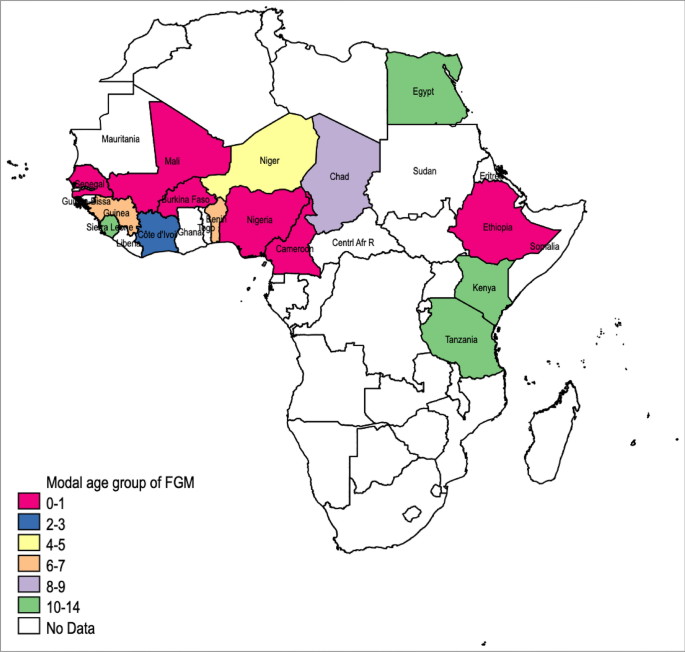2023-08-18 インペリアル・カレッジ・ロンドン(ICL)
◆特に子供の疾患診断に革命をもたらす可能性があり、適切な治療を早期に提供することが期待されます。この新しい診断方法は、感染症と炎症性疾患の診断に革命をもたらす可能性があり、臨床実践での利用に向けた研究が進行中です。
<関連情報>
- https://www.imperial.ac.uk/news/246954/easier-diagnosis-childhood-fever-using-rapid/
- https://www.cell.com/med/fulltext/S2666-6340(23)00194-0
多クラスの血液RNA分子シグネチャーを用いた小児熱性疾患の診断 Diagnosis of childhood febrile illness using a multi-class blood RNA molecular signature
Dominic Habgood-Coote,Clare Wilson,Chisato Shimizu,Anouk M. Barendregt,Ria Philipsen,Rachel Galassini,Irene Rivero Calle,Lesley Workman,Philipp K.A. Agyeman,Gerben Ferwerda,Suzanne T. Anderson,J. Merlijn van den Berg,Marieke Emonts,Enitan D. Carrol,Colin G. Fink,Ronald de Groot,Martin L. Hibberd,John Kanegaye,Mark P. Nicol,Stéphane Paulus,Andrew J. Pollard,Antonio Salas,Fatou Secka,Luregn J. Schlapbach,Adriana H. Tremoulet,Michael Walther,Werner Zenz,the Pediatric Emergency Medicine Kawasaki Disease Research Group (PEMKDRG) ,the UK Kawasaki Genetics consortium ,the GENDRES consortium ,the EUCLIDS consortium ,the PERFORM consortium ,Michiel Van der Flier,Heather J. Zar,Taco Kuijpers,Jane C. Burns,Federico Martinón-Torres,Victoria J. Wright,Lachlan J.M. Coin,Aubrey J. Cunnington,Jethro A. Herberg,Michael Levin,Myrsini Kaforou
Cell Press Med Published:August 18, 2023
DOI:https://doi.org/10.1016/j.medj.2023.06.007

Highlights
•Multi-class supervised machine learning for infectious and inflammatory diseases
•Host-blood RNA expression can discriminate multiple pediatric diseases simultaneously
•Eighteen specific diseases or causative pathogens are distinguished using 161 transcripts
Context and significance
Infectious and inflammatory diseases are the most common causes of children seeking medical care in both hospital and community settings. It is a considerable challenge for clinical teams to reliably distinguish common viral infections, bacterial infections (which are potentially serious), and less common inflammatory diseases, with existing tests when children initially present at healthcare settings. Habgood-Coote et al. describe an approach for simultaneously distinguishing between 18 infectious and inflammatory diseases using the differences in the levels of expression of 161 genes in patients’ blood. A future diagnostic test based on this approach could help provide the right treatment, to the right patient, at the right time, while optimizing antibiotic use and reducing lengthy time to diagnosis for inflammatory diseases.
Summary
Background
Appropriate treatment and management of children presenting with fever depend on accurate and timely diagnosis, but current diagnostic tests lack sensitivity and specificity and are frequently too slow to inform initial treatment. As an alternative to pathogen detection, host gene expression signatures in blood have shown promise in discriminating several infectious and inflammatory diseases in a dichotomous manner. However, differential diagnosis requires simultaneous consideration of multiple diseases. Here, we show that diverse infectious and inflammatory diseases can be discriminated by the expression levels of a single panel of genes in blood.
Methods
A multi-class supervised machine-learning approach, incorporating clinical consequence of misdiagnosis as a “cost” weighting, was applied to a whole-blood transcriptomic microarray dataset, incorporating 12 publicly available datasets, including 1,212 children with 18 infectious or inflammatory diseases. The transcriptional panel identified was further validated in a new RNA sequencing dataset comprising 411 febrile children.
Findings
We identified 161 transcripts that classified patients into 18 disease categories, reflecting individual causative pathogen and specific disease, as well as reliable prediction of broad classes comprising bacterial infection, viral infection, malaria, tuberculosis, or inflammatory disease. The transcriptional panel was validated in an independent cohort and benchmarked against existing dichotomous RNA signatures.
Conclusions
Our data suggest that classification of febrile illness can be achieved with a single blood sample and opens the way for a new approach for clinical diagnosis.
Funding
European Union’s Seventh Framework no. 279185; Horizon2020 no. 668303 PERFORM; Wellcome Trust (206508/Z/17/Z); Medical Research Foundation (MRF-160-0008-ELP-KAFO-C0801); NIHR Imperial BRC.


